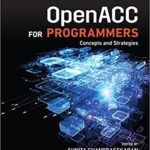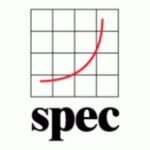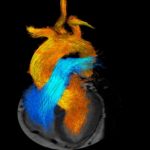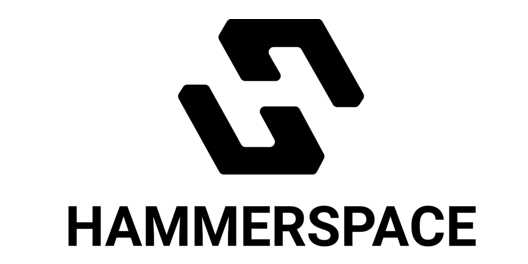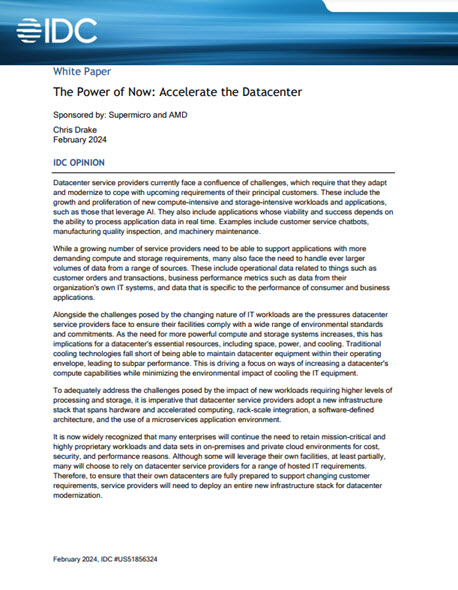In this video from SC17, Sunita Chandrasekaran from OpenACC.org and Stan Posey from NVIDIA describe how OpenACC eases GPU programming for HPC. “At SC17, OpenACC.org announced milestones highlighting OpenACC’s broad adoption in weather and climate models that simulate the Earth’s atmosphere, including one of this year’s Gordon Bell finalist. Additionally, the organization announced their hackathon momentum and the new OpenACC 2.6 specification.”
New Book: OpenACC for Programmers
Sunita Chandrasekaran and Guido Juckeland have published a new book on Programming with OpenACC. “Scientists and technical professionals can use OpenACC to leverage the immense power of modern GPUs without the complexity traditionally associated with programming them. OpenACC for Programmers integrates contributions from 19 leading parallel-programming experts from academia, public research organizations, and industry.”
OpenACC Brings Directives to Accelerated Computing at ISC 2017
In this video from ISC 2017, Sunita Chandrasekaran and Michael Wolfe describe how OpenACC makes GPU-accelerated computing more accessible to scientists and engineers. “OpenACC is a user-driven directive-based performance-portable parallel programming model designed for scientists and engineers interested in porting their codes to a wide-variety of heterogeneous HPC hardware platforms and architectures with significantly less programming effort than required with a low-level model.”
Video: OpenACC Update from ISC 2017
In this video from ISC 2017, Sunita Chandrasekaran and Michael Wolfe present an overview of OpenACC and a preview of upcoming GPU Hackathon events. “OpenACC is a user-driven directive-based performance-portable parallel programming model designed for scientists and engineers interested in porting their codes to a wide-variety of heterogeneous HPC hardware platforms and architectures with significantly less programming effort than required with a low-level model.”
SPEC/HPG hardware acceleration benchmark adds OpenMP Suite
Today SPEC’s High-Performance Group released a new version of its SPEC ACCEL software that adds a suite of OpenMP applications for measuring the performance of systems using hardware accelerator devices and supporting software. SPEC ACCEL also measures performance for computationally intensive parallel applications running under the OpenCL and OpenACC programming models.
The OpenMP application benchmarks are the first of their kind and now give our customers the opportunity to compare hardware configurations based on the most popular open-programming models,” says Guido Juckeland, SPEC/HPG vice chair. “We look forward to a wide variety of SPEC ACCEL result submissions on the SPEC website and a number of research papers comparing various optimization settings on multiple platforms.”
OpenACC Takes Off at ISC17
Today the OpenACC standards group announced plans to showcase new advancements and increasing momentum for their programming model at ISC 2017 in Frankfurt. “OpenACC is a user-driven directive-based performance-portable parallel programming model designed for scientists and engineers interested in porting their codes to a wide-variety of heterogeneous HPC hardware platforms and architectures with significantly less programming effort than required with a low-level or explicit models.”
Introduction to Parallel Programming with OpenACC – Part 2
In this video, Michael Wolfe from PGI continues his series of tutorials on parallel programming. “The second in a series of short videos to introduce you to parallel programming with OpenACC and the PGI compilers, using C++ or Fortran. You will learn by example how to build a simple example program, how to add OpenACC directives, and to rebuild the program for parallel execution on a multicore system. To get the most out of this video, you should download the example programs and follow along on your workstation.”
Introduction to Parallel Programming with OpenACC
“This is the first in a series of short videos to introduce you to parallel programming with OpenACC and the PGI compilers, using C++ or Fortran. You will learn by example how to build a simple example program, how to add OpenACC directives, and to rebuild the program for parallel execution on a multicore system. To get the most out of this video, you should download the example programs and follow along on your workstation.”
Video: Computational Fluid Dynamics for Surgical Planning
“The current versions of the codes use MPI and depend on finer and finer meshes for higher accuracy which are computationally demanding. To overcome the demands, the team has gained access to their state-of-the-art cluster equipped with POWER CPUs and Tesla P100 GPUs — and turning to OpenACC and machine learning to accelerate their science. This has allowed them to spend the least resources on programming, and effectively utilize available compute resources.”
How GPU Hackathons Bring HPC to More Users
“GPUs potentially offer exceptionally high memory bandwidth and performance for a wide range of applications. The challenge in utilizing such accelerators has been the difficulty in programming them. Enter GPU Hackathons; Our mentors come from national laboratories, universities and vendors, and besides having extensive experience in programming GPUs, many of them develop the GPU-capable compilers and help define standards such as OpenACC and OpenMP.”


